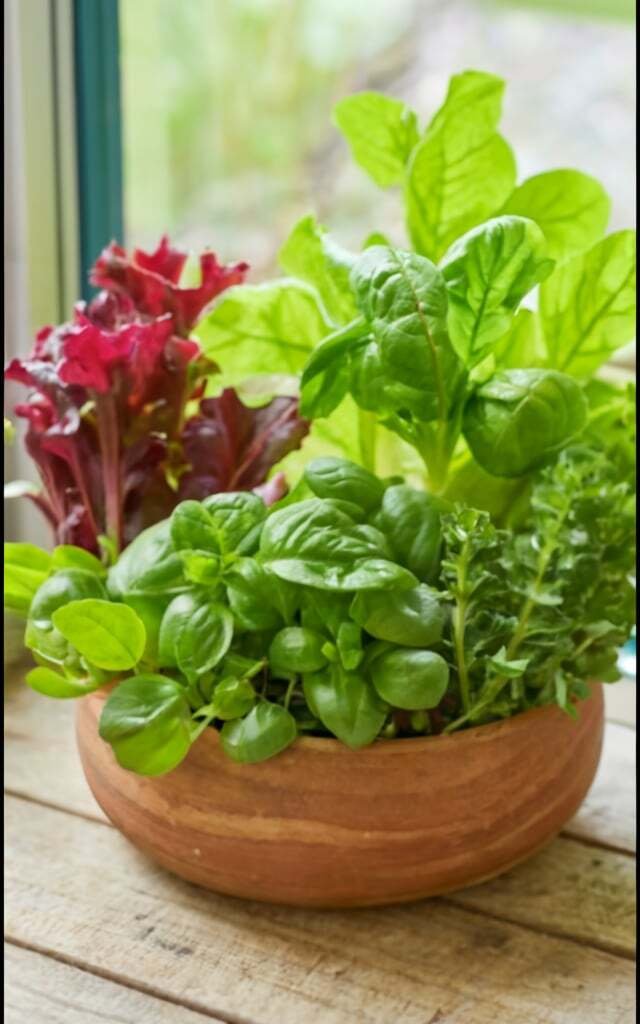Master Vegetables Indoors gardening with our comprehensive guide. Learn expert tips on choosing plants, optimizing light and solving common problems. Start growing fresh, organic produce at home today!
Understanding Indoor Vegetable Gardening

Growing vegetables indoors is a rewarding way to enjoy fresh, homegrown produce year-round, regardless of your living situation or climate. With proper planning, adequate lighting, and consistent care, you can successfully cultivate a variety of vegetables inside your home, from leafy greens to compact fruiting plants.
Benefits of Indoor Vegetable Gardening

- Year-round growing season
- Control over environmental factors
- Pesticide-free, organic vegetables
- Fresh produce at your fingertips
- Suitable for limited outdoor spaces
Choosing the Right Vegetables for Indoor Growing

Best Vegetables for Indoor Gardens
- Leafy Greens (Lettuce, Spinach, Kale)
- Herbs (Basil, Cilantro, Parsley)
- Microgreens
- Cherry Tomatoes
- Peppers
- Green Onions
- Carrots (Compact Varieties)
- Radishes
Essential Components for Indoor Vegetable Gardening
Lighting

- Natural Light: South-facing windows
- Artificial Light: LED grow lights or full-spectrum fluorescent bulbs
Containers and Growing Medium

- Containers with good drainage
- High-quality potting mix for vegetables
Temperature and Humidity
- Optimal temperature: 65-75°F (18-24°C)
- Ideal humidity: 50-60%
Watering and Nutrition
- Consistent moisture
- Regular fertilization with balanced, water-soluble fertilizer
Step-by-Step Guide to Growing Vegetables Indoors

- Plan Your Space
- Choose Your Vegetables
- Prepare Your Containers
- Plant Seeds or Seedlings
- Provide Adequate Light
- Water Regularly
- Monitor Temperature and Humidity
- Fertilize
- Pollinate (if necessary)
- Harvest
Common Challenges and Solutions
Insufficient Light
- Supplement with grow lights
- Rotate plants for even light distribution
Overwatering
- Ensure good drainage
- Allow soil surface to dry between waterings
Pest Infestations
- Regular inspection
- Treatment with neem oil or insecticidal soap
Nutrient Deficiencies
- Use balanced fertilizer
- Supplement specific nutrients as needed
Limited Space
- Utilize vertical gardening techniques
- Choose compact varieties
Advanced Tips for Indoor Vegetable Gardening
- Implement a Hydroponic System
- Try Aquaponics
- Use Self-Watering Containers
- Experiment with Grow Tents
- Practice Succession Planting
Enjoying Your Indoor Vegetable Garden
- Keep a gardening journal
- Embrace the learning process
- Enjoy the satisfaction of growing your own food